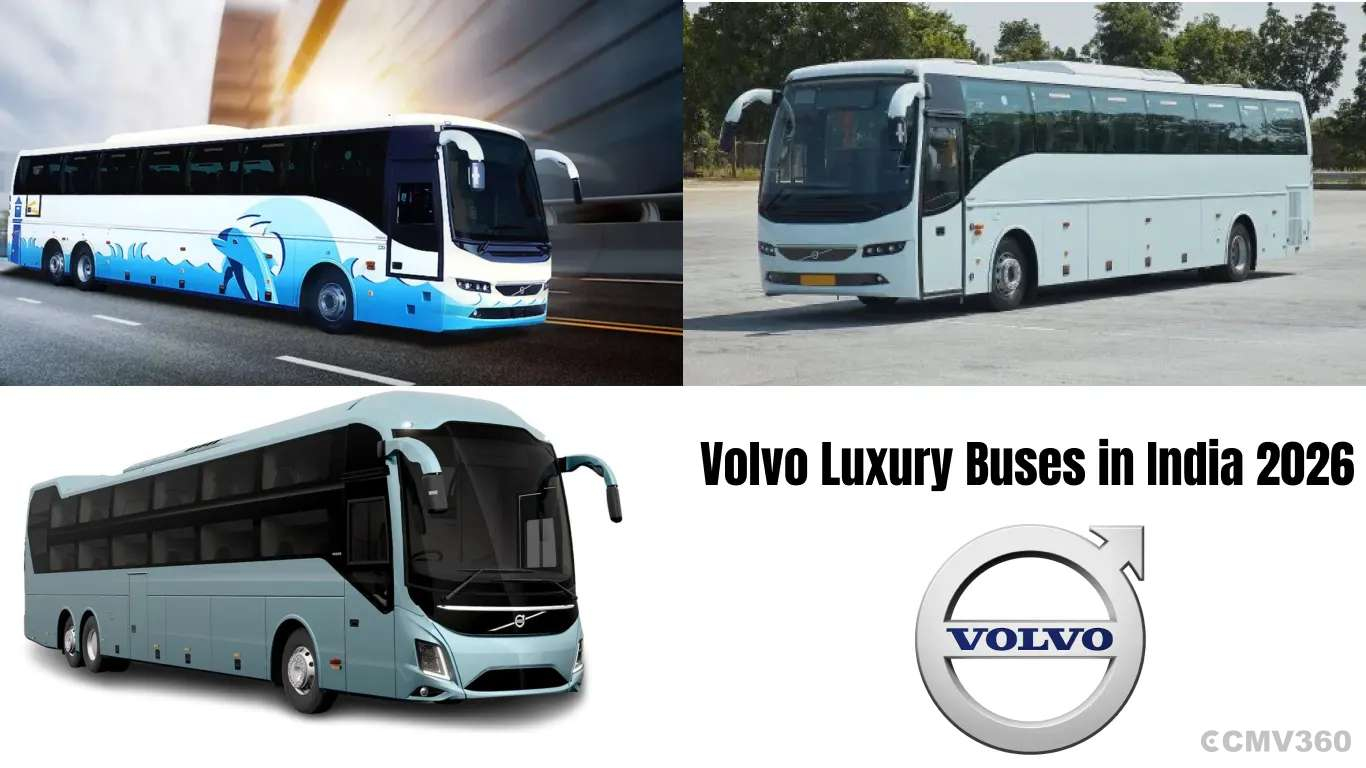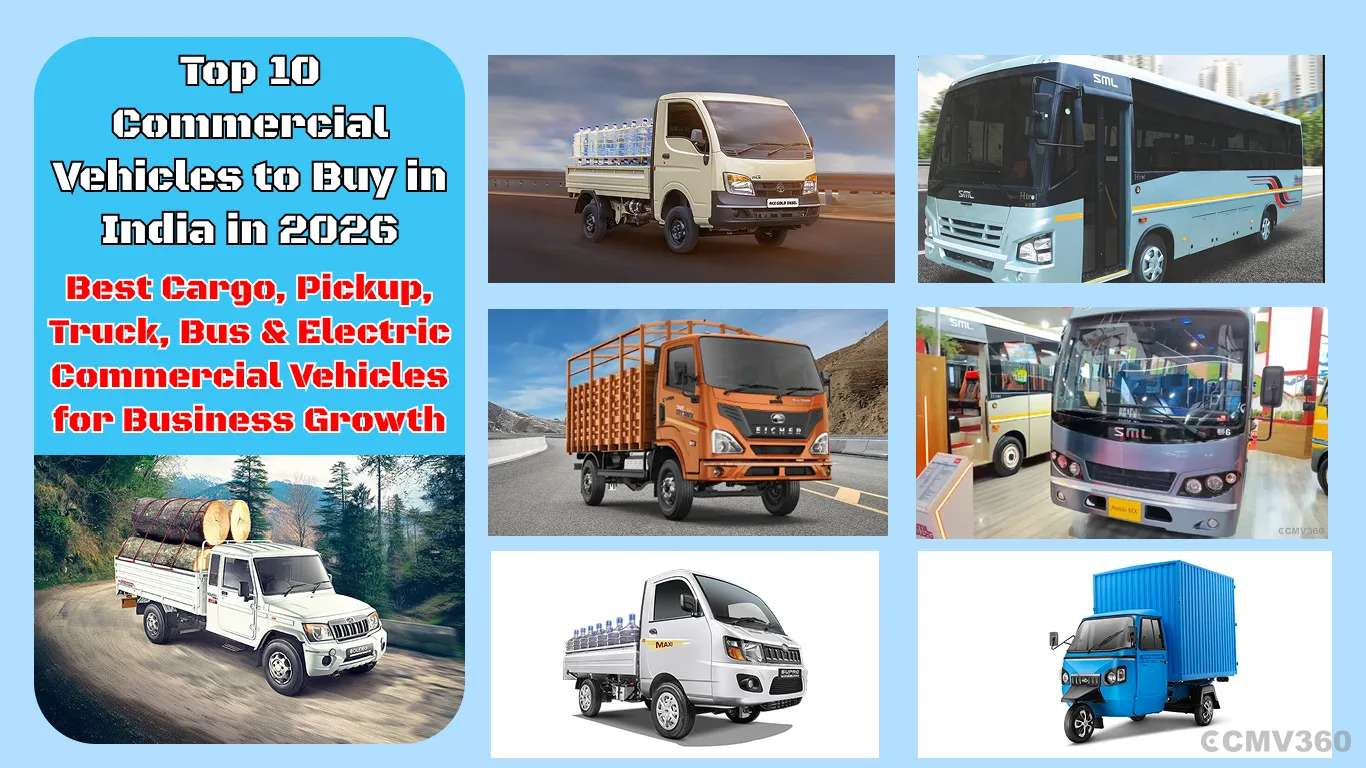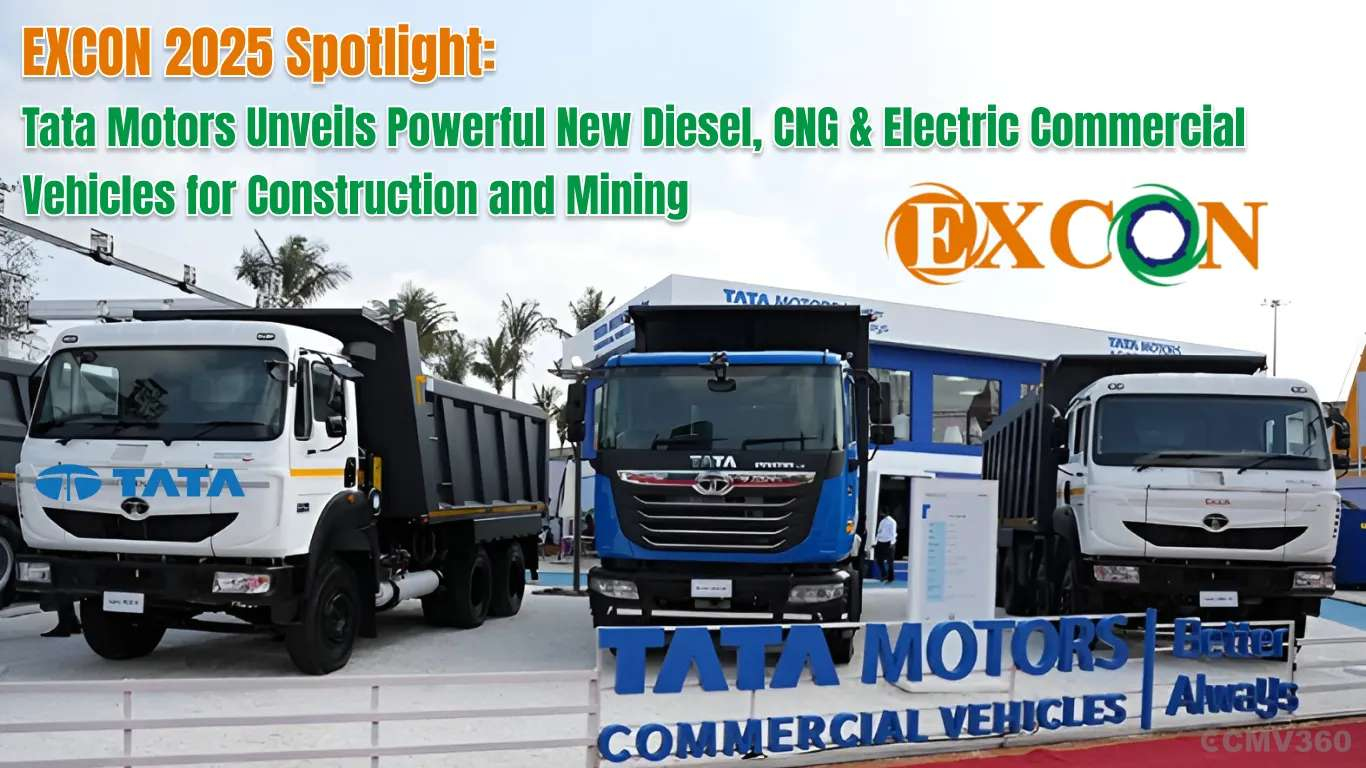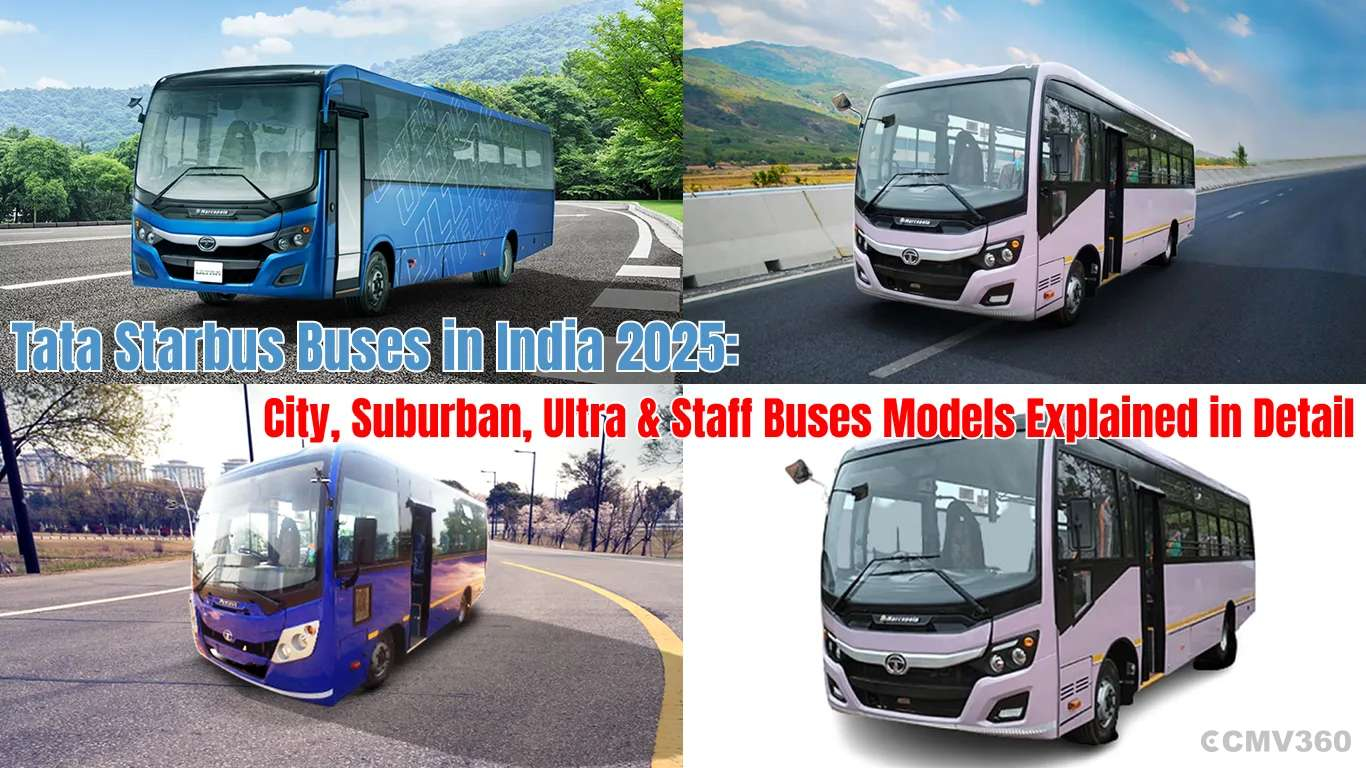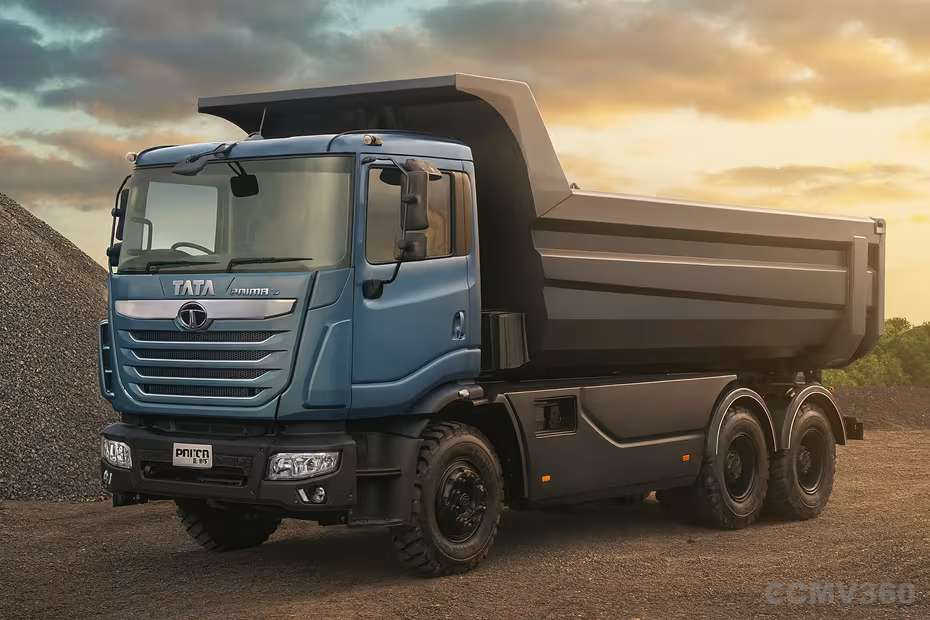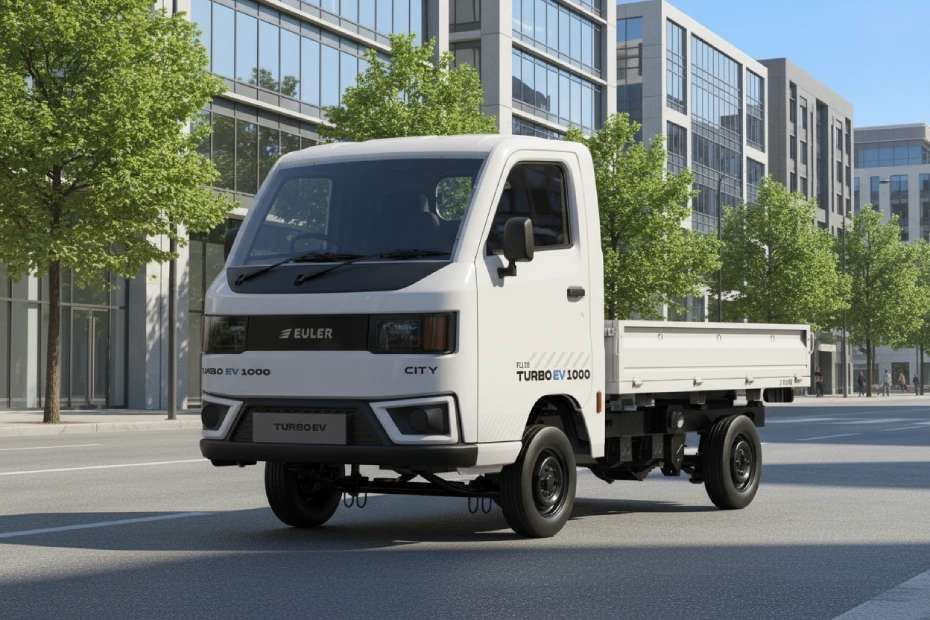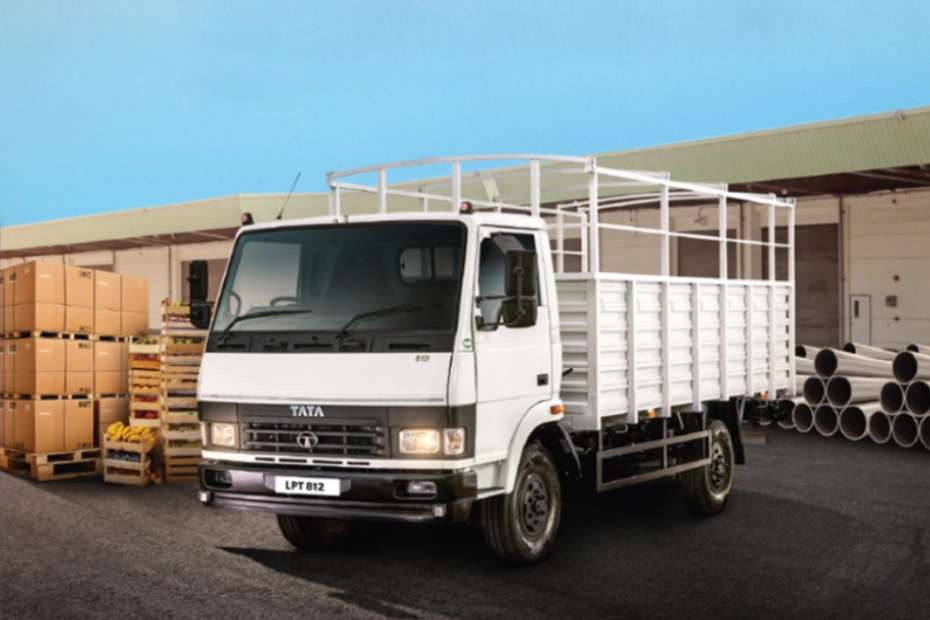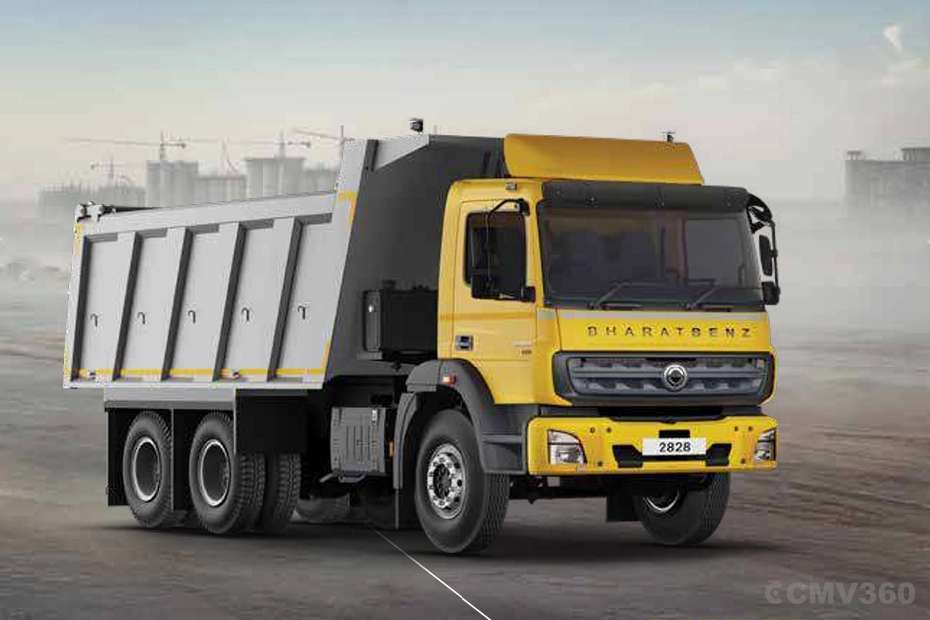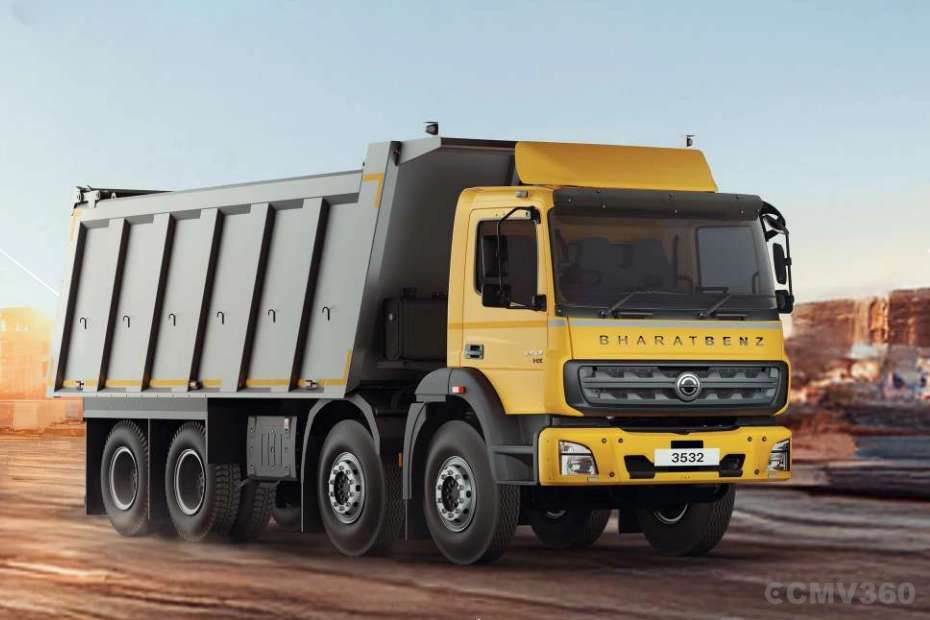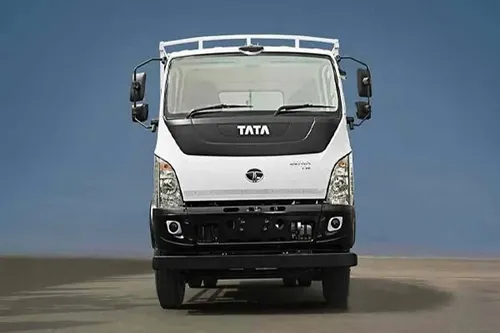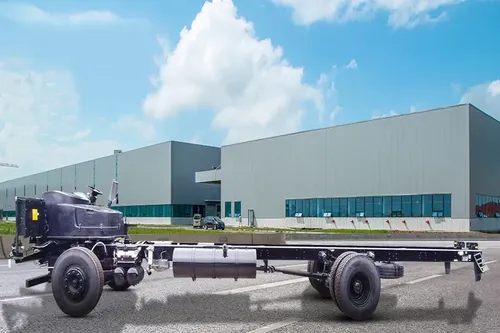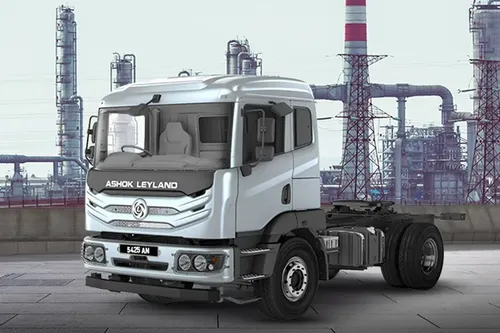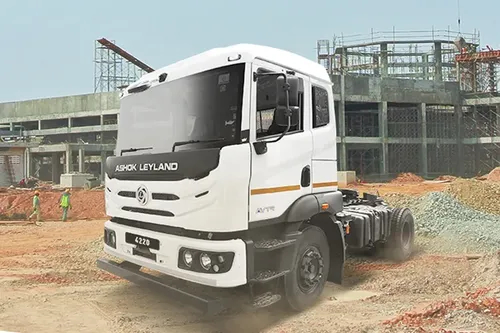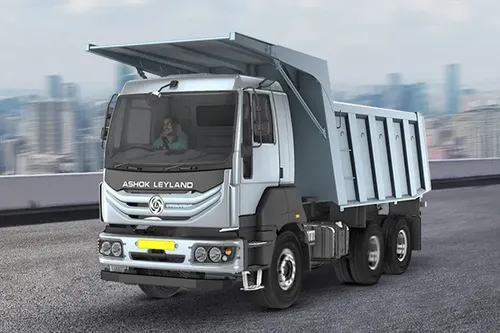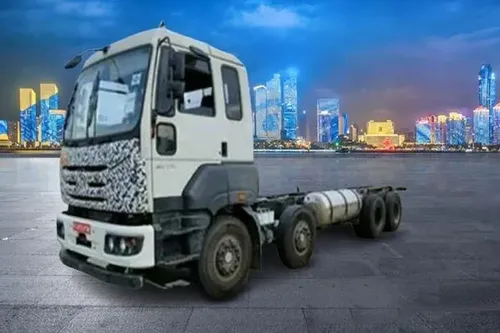Ad
Ad
10 Ways to Improve the Fuel Efficiency of Your Commercial Vehicles
For businesses that rely on commercial vehicles to transport goods and services, fuel efficiency is a critical factor that directly impacts the bottom line. In this article, we will discuss 10 Ways to Improve the Fuel Efficiency of Your Commercial Vehicles.

In the ever-evolving world of commerce and transportation, fuel efficiency has become a critical factor in maintaining profitability and reducing environmental impact. For businesses that heavily rely on commercial vehicles, implementing fuel-efficient practices can lead to significant cost savings and a greener footprint.
Improving the fuel efficiency of your commercial vehicles is a win-win situation - it not only helps your business save on fuel costs but also contributes to a greener, more sustainable future. For businesses that rely on commercial vehicles to transport goods and services, fuel efficiency is a critical factor that directly impacts profit.
With the rising fuel costs and growing environmental concerns, optimizing the fuel efficiency of your commercial fleet not only saves money but also contributes to a greener future. In this article, we will explore ten effective ways to improve the fuel efficiency of your commercial vehicles.
10 Ways to Improve the Fuel Efficiency of Your Commercial Vehicles
1. Regular Vehicle Maintenance
Proper maintenance is the cornerstone of improving fuel efficiency. Regularly inspect and tune up your vehicles, ensuring that the engine, tires, and exhaust systems are in optimal condition. Dirty air filters and misaligned wheels can lead to increased fuel consumption.
Keeping your commercial vehicles in top-notch condition is the first step to improving fuel efficiency. Regular maintenance, including oil changes, air filter replacements, and tire inspections, can significantly impact fuel consumption. Well-maintained engines run more efficiently and burn fuel more effectively, resulting in better mileage and lower fuel costs.
Also Read: 5 Ways to Extend the Life of Your Commercial Vehicle
2. Proper Tyre Maintenance
Maintaining proper tyre pressure is crucial for fuel efficiency. Underinflated tires increase rolling resistance, making the engine work harder and consuming more fuel. Regularly check tire pressure and ensure that all tires are properly inflated.
Additionally, using low-rolling-resistance tires designed for commercial vehicles can further enhance fuel efficiency.Underinflated tires can increase rolling resistance, resulting in decreased fuel efficiency. Properly inflated tires not only improve fuel economy but also extend tire life.
3. Limit Idle Time
Modern vehicles are often equipped with idle-reduction technologies that automatically shut down the engine when idling for extended periods. Investing in such technologies can significantly reduce fuel consumption during downtime.
Excessive idling consumes fuel unnecessarily. Encourage drivers to turn off the engine when waiting for extended periods, such as during loading and unloading. Modern commercial vehicles are equipped with idle-reduction technologies that automatically shut down the engine after a set period of idling, helping to reduce fuel consumption.
Idling also increases total emissions and engine wear, resulting in additional maintenance costs. Idling reduction is possibly best accomplished by a company-wide policy change. This can be enforced by using an FMS that tracks idle times and notifies fleet managers when idling exceeds a predetermined limit.
Another alternative is an Automatic Engine Start/Stop (AESS) system, which automatically starts and stops the engine to maintain cab temperatures while lowering idle times. These devices are relatively cheap to install, however, they only provide minimal savings in extreme weather.
4. Optimize Route Planning
Efficient route planning can significantly impact fuel efficiency. Utilize GPS technology to plan the most direct and least congested routes for deliveries. Minimizing unnecessary tours and avoiding traffic-heavy areas can save time and fuel.
5. Invest in Driver Training
Driver behaviour plays a crucial role in fuel efficiency. Providing proper training to your drivers on eco-friendly driving practices can lead to substantial fuel savings. Techniques such as smooth acceleration, maintaining a consistent speed, and anticipating traffic flow to reduce unnecessary braking all contribute to improved fuel efficiency.
6. Reduce Aerodynamic Drag
Enhancing the aerodynamics of your commercial vehicles can lead to substantial fuel savings. Consider adding aerodynamic devices such as roof fairings, side skirts, and rear tail fairings to reduce wind resistance. These modifications streamline the vehicles and improve their fuel efficiency.
7. Use the Right Fuel
Choosing the appropriate fuel for your commercial vehicles can make a difference. This may come as a surprise to some, but using the improper type of fuel is one of the primary reasons engine health deteriorates over time. Drivers will occasionally use cheaper and less efficient fuel to improve truck economy.
In the long run, this reduces truck mileage and reduces fuel efficiency. It is preferable to use the fuel recommended by the truck manufacturer.
Depending on the vehicle's engine type, using premium or alternative fuels may improve fuel efficiency. Consult the manufacturer's recommendations and consider using lower-viscosity engine oils to minimize internal friction and improve engine performance.
8. Monitor Fuel Consumption
Install telematics systems in your commercial fleet to monitor fuel consumption and driver behaviour. These systems provide real-time data on fuel usage, idling time, and driving patterns, allowing you to identify areas for improvement and implement targeted strategies to optimize fuel efficiency.
9. Implement Load Management
Overloading commercial vehicles not only poses safety risks but also reduces fuel efficiency. Ensure that your drivers adhere to recommended weight limits for each vehicle. Distribute the load evenly to maintain balance and stability, which helps the engine work more efficiently.
Also Read: 5 Commercial Vehicle Accessories for Improved Safety
10. Air conditioner air filters
Driving in the heat of the day can be really stressful. Truck drivers must also navigate through dusty terrain and high slopes. Using an air conditioner reduces your truck's mileage greatly. When utilized uphill, the engine must operate at a higher capacity, resulting in increased fuel consumption. Turn off your air conditioner and roll down your windows whenever possible to conserve gasoline and increase your truck mileage.
Dust and dirt typically build within the truck's air filters, leading in clogging. This tends to obstruct airflow passage. Cleaning your air filters on a regular basis can guarantee that your engine receives consistent airflow. This boosts the truck's mileage.
Conclusion
Improving the fuel efficiency of your commercial vehicles is an approach that involves regular maintenance, driver training, route optimization, and investment in new technologies.
By implementing these ten strategies, businesses can reduce fuel costs, minimize their environmental footprint, and enhance their overall productivity. Embracing fuel efficiency not only benefits your company but also contributes to a sustainable future for generations to come.
Features & Articles
Popular Volvo Luxury Buses in India 2026: Complete Guide to Volvo Buses Prices, Specs, and Key USPs
Premium Volvo buses in India explained with prices, features, and specifications. Detailed guide covering Volvo 9400 and Volvo 9600 luxury coaches, safety, comfort, and t...
06-Jan-26 11:28 AM
Read Full NewsTop 10 Commercial Vehicles to Buy in India in 2026
Explore the top 10 commercial vehicles in India for 2026, including cargo trucks, pickups, buses, and electric three-wheelers with prices, specs, payload, mileage, and be...
06-Jan-26 05:12 AM
Read Full NewsTop 5 Tata Pickup Trucks in India 2026: Prices, Specs & Best Models Compared
Explore the top 5 Tata pickup trucks 2026 with prices, specs, payload, mileage, and features. Compare Tata truck prices in India and choose the best pickup for your busin...
30-Dec-25 01:11 PM
Read Full NewsEXCON 2025 Spotlight: Tata Motors Unveils Powerful New Diesel, CNG & Electric Commercial Vehicles for Construction and Mining
Tata Motors showcases powerful diesel, CNG, and electric commercial vehicles at EXCON 2025, highlighting innovation, productivity, sustainability, and advanced solutions ...
18-Dec-25 10:26 AM
Read Full NewsAshok Leyland 1920 vs 2820 Tipper Comparison: 6-Wheeler or 10-Wheeler – Which Is Better for Construction & Mining?
Compare Ashok Leyland 6 wheeler vs 10 wheeler tipper trucks. Detailed 1920 vs 2820 comparison covering price, specs, GVW, performance, usage, and buying guidance for cons...
17-Dec-25 12:29 PM
Read Full NewsTata Starbus Buses in India 2025: City, Suburban, Ultra & Staff Buses Models Explained in Detail
Explore the Tata Starbus 2025 range in India, including City, Sub Urban, Ultra, and Staff Contract buses with prices, features, seating capacity, and performance details....
15-Dec-25 12:16 PM
Read Full NewsAd
Ad
